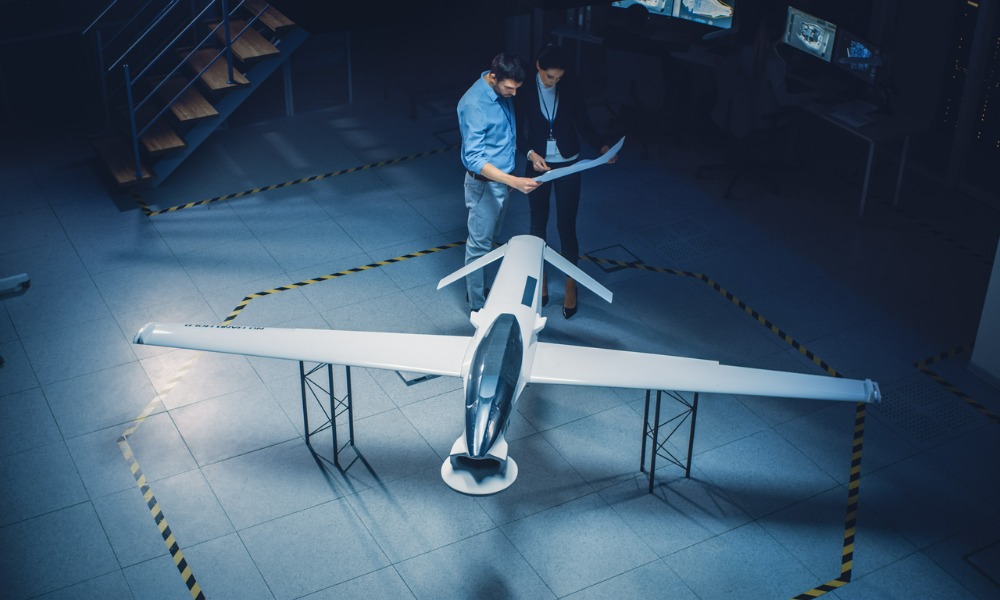The commission published a consultation paper on the legal complexities of autonomous aviation

To pave the way for the future of transportation, the Law Commission in the United Kingdom has published a consultation paper on the legal complexities surrounding the emerging field of autonomous aviation.
The consultation paper, spanning 226 pages, focused on the responsibilities involving remotely piloted flying taxis and delved into the intricacies of regulating electrically powered vertical take-off and landing taxis, among other novel aircraft.
This futuristic vision of transport includes companies like Joby in the United States testing highly automated flying taxis, with plans to launch a shuttle service between New York’s JFK Airport and downtown Manhattan that could reduce travel time to just seven minutes. While these aircraft will initially require conventional pilots, the Law Commission anticipates a progression towards remote piloting and, eventually, full autonomy. This evolution raised significant legal questions, from airworthiness certification to the nuances of civil and criminal liability associated with autonomous operations.
The consultation also extends to commercial drones, probing into how they should be governed concerning private nuisance, trespass, and adherence to traditional aviation rules designed with human pilots in mind. One of the highlighted considerations is whether a self-flying aircraft should be able to deviate from standard flight rules if necessary for safety reasons.
Law Commissioner Nicholas Paines KC emphasized the importance of establishing a robust legal framework to harness the potential of these new aviation technologies safely and effectively.
“New forms of aircraft are becoming ever more prevalent. It is vital we get the legal framework right so that we can maximise the new opportunities in this field as safely and effectively as possible,” Paines said.
Set to close on May 27, the consultation process seeks to address the pressing legal challenges posed by aviation automation, including air traffic management and air navigation services. The Commission’s preliminary stance suggests that air operators, rather than remote pilots-in-command, should be responsible for preventing intoxicated passengers from boarding, prioritizing the safety of the aircraft and its occupants.
With recommendations for law reforms expected late next year, the Law Commission’s proactive approach aims to ensure that the UK remains at the forefront of adopting and regulating the next generation of aerial transportation, setting a global standard for safety and legal clarity in the age of autonomous aviation.










